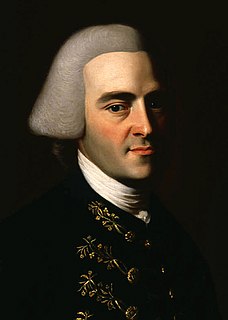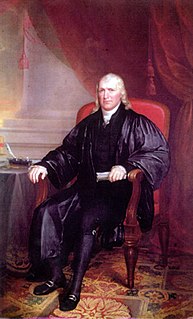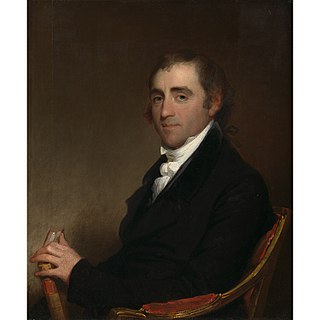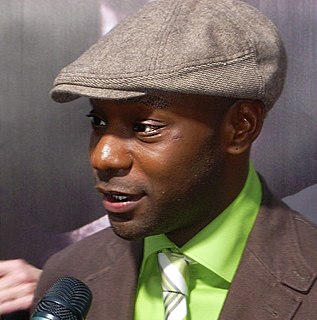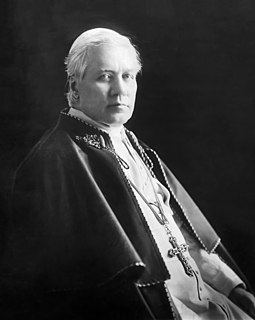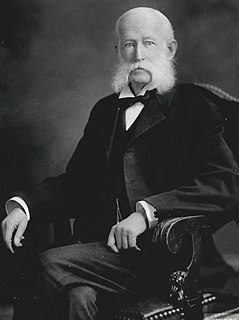A Quote by John Hancock
Sensible of the importance of Christian piety and virtue to the order and happiness of a state, I cannot but earnestly commend to you every measure for their support and encouragement
Related Quotes
Sensible of the importance of Christian piety and virtue to the order and happiness of a state, I cannot but earnestly commend to you every measure for their support and encouragement ... Manners, by which not only the freedom, but the very existence of the republics, are greatly affected, depend much upon the public institutions of religion and the good education of youth; in both these instances our fathers laid wise foundations, for which their posterity have had reason to bless their memory.
If the state cannot be entirely composed of good men, and yet each citizen is expected to do his own business well, and must therefore have virtue, still inasmuch as all the citizens cannot be alike, the virtue of the citizen and of the good man cannot coincide. All must have the virtue of the good citizen - thus, and thus only, can the state be perfect; but they will not have the virtue of a good man, unless we assume that in the good state all the citizens must be good.
A real Christian in an odd number anyway. He feels supreme love for One whom he has never seen, talks familiarly every day to Someone he cannot see, expects to go to heaven on the virtue of Another, empties himself in order to be full, admits he is wrong so he can be declared right, goes down in order to get up, is strongest when he is weakest, richest when he is poorest, and happiest when he feels worst. He dies so he can live, forsakes in order to have, gives away so he can keep, sees the invisible, hears the inaudible, and knows that which passes knowledge.
Happiness is normally the prime search of every rational human being. One way to derive increasing happiness during the year we have just entered is to strive diligently to promote the happiness of others, to think of them first, yourself second. Happiness is the greatest tonic, the greatest elixir, of all. Worry is among the worst poisons. One sensible New Year resolution: I will do my utmost to have consideration for others, to exercise usefulness, to radiate happiness, to conquer worrying over things I cannot possibly remedy.
If love is the soul of Christian existence, it must be at the heart of every other Christian virtue. Thus, for example, justice without love is legalism; faith without love is ideology; hope without love is self-centeredness; forgiveness without love is self-abasement; fortitude without love is recklessness; generosity without love is extravagance; care without love is mere duty; fidelity without love is servitude. Every virtue is an expression of love. No virtue is really a virtue unless it is permeated, or informed, by love.
It is impossible to approve in Catholic publications of a style inspired by unsound novelty which seems to deride the piety of the faithful and dwells on the introduction of a new order of Christian life, on new directions of the Church, on new aspirations of the modern soul, on a new vocation of the clergy, on a new Christian civilisation.
Sorrow and happiness are the heresies of virtue; joy and anger lead astray from TAO; love and hate cause loss of virtue. The heart unconscious of sorrow and happiness - that is perfect virtue. One, without change - that is perfect repose. Without any obstruction - that is the perfection of the unconditioned. Holding no relations with the external world, - that is perfection of the negative state. Without blemish of any kind, - that is the perfection of purity.
We wouldn't have withstood for two years and a half. We would have disintegration of the army, disintegration of the whole institution in the state ; we would have disintegration of Syria if that was the case. It can't be tolerated in Syria. I'm talking about the normal reaction of the people. If it's not a national army, it cannot have the support, and if it doesn't have the public support of every sect, it cannot do its job and advance recently. It cannot. The army of the family doesn't make national war.
